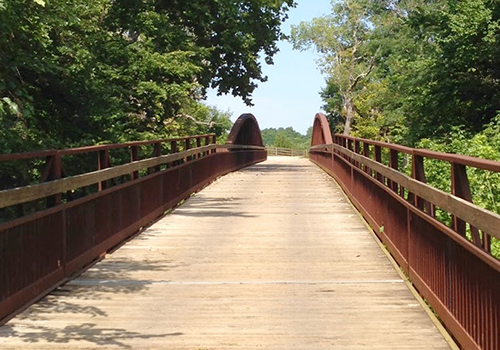Chapter 1: Transitioning Toward Digital Literacy
1.2 First Steps
As educators, many of us reach a point where we begin to realize the mismatch between the digital world we live in outside of school and the one we foster in our learning communities. Recently I was leading a digital literacy class to help teachers consider new digital possibilities for their classrooms. As participants worked I stopped to talk with Brian. Brian was once a literacy coach in our district. He has worked in a variety of grade levels and understands working with young learners. Last year was his first year back in the classroom full time so he’s quite excited about opportunities to try new literacy practices with his students and shifting toward digital literacy. “How did you get started?” he asked as I circulated around the room as teachers worked. “To teach writing, we write. To teach reading, we read. To teach digital literacy, I feel like we have to be living in the digital world ourselves as readers, writers, and learners.” I shared this statement knowing he’d understand this type of thinking. I told him about how I started on Twitter and then moved toward blogging. He paused for a moment and then said what so many people have said to me, “I just don’t think I have anything important to say. Who wants to know what I’m thinking and doing?”
I was taken aback, as I always am. I could think of a hundred things I wanted to know about his work with children. How could someone with so much literacy experience worry that he had nothing to say? I’m always a little saddened by how voiceless teachers feel. When I think back to my beginning days in the digital world I remember feeling that way too, but I guess I didn’t really start writing for other people. I was used to writing in my closed notebook, but wanted a new space to reflect. I knew the public space on a blog would push me to think deeply and clarify my thinking. I knew it would allow me to participate in larger conversations and connect with other educators. Now, as I consider the educators in the blogging community, I know the writing we share is significant. We hold the real stories of education. We can help shape the thinking of others in regards to the work we do with young children. Every educator has something worth sharing.
I didn’t get to where I am in a day; and I know where I am today is not where I will be five years from now – or a year from now for that matter. I’ve learned to be okay with that.
Every step I have taken in digital literacy, I’ve taken with purpose. To foster digital literacy in our classrooms, it seems we need to first live as digital citizens ourselves. Like Brian, we have to begin to ask ourselves where to begin. Each one of us will take our first steps in different places, at different times, and in ways that work for us. Some of my first steps were taken to connect with others. Some steps were because there was something I had done before that I wanted to do digitally. Some steps were because there was something new I thought I could do as a result of new opportunities from digital tools. I didn’t get to where I am in a day; and I know where I am today is not where I will be five years from now – or a year from now for that matter. I’ve learned to be okay with that.
Brian does have a story to share, but first he has to become comfortable taking the first steps. As Brian learns to work intentionally in a digital world, the next steps for his practice will unfold. As an educator, I’ve always known the impact of my life as a reader and a writer on my teaching. The lessons I learn as a reader and writer support the conversations I have with young learners. Since becoming an educator I’ve worked to be a more purposeful literacy consumer and creator, in part, because I know the difference this makes in the work I do with children. I can’t ignore this when it comes to digital literacy. Literacy is power and that power doesn’t belong to everyone with a device in hand. Instead that power is shifting to those who know how to effectively leverage these devices in our digital world. What does that mean for us as educators? How do we rethink literacy instruction in an ever-changing world? How do we rethink our pedagogy and practice as teachers of literacy?Where do we begin?
